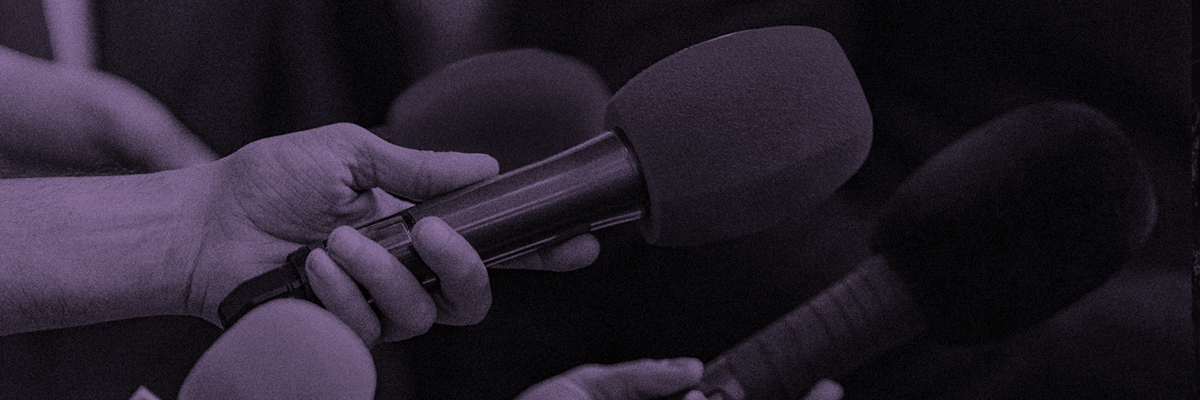Safe Travels
Many Britons will be booking and looking forward to a skiing trip, cruise or a break on a foreign beach in 2008. But consumer champion the Electrical Safety Council is advising holidaymakers to be aware of potential electrical dangers when abroad.
Phil Buckle, Director of the Electrical Safety Council particularly wants to draw people's attention to dangers that may be posed by purchasing electrical products, including games, toys, adaptors and chargers outside of the UK.
"Electrical testing standards for products sold overseas are not always as rigorous as those in the UK and potentially lethal counterfeit electrical goods can be purchased with ease in some countries.
"Of course we all love to get a bargain when abroad but travellers shouldn't be complacent and should think seriously about the safety risks before buying electrical equipment."
In addition to concerns over the safety of electrical equipment purchased abroad, the Electrical Safety Council is reminding people to use caution when using the electricity supply in their hotel, cruise ship or self-catering accommodation. Different voltages and plugs are used abroad and research by the charity shows that 42% of people are confused about this.
The Electrical Safety Council has produced a safety leaflet for holidaymakers, available as a download from www.esc.org.uk to help clarify some of the issues surrounding using electricity safely whilst abroad.
"While the weather may be better elsewhere in the world at this time of year, the same cannot necessarily be said of electrical safety standards," advises Phil Buckle.
"Electricity supplies worldwide can vary from anything between 100 volts and 240 volts and it may not always be safe to use an electrical appliance rated at a different voltage from the supply.
"Sub-standard wiring, loose plugs and unsuitable voltages for UK appliances are common in some holiday destinations. We're lured into a false sense of security because the UK's electrical safety standards are high compared to some other countries but it would be a mistake to assume you are as protected abroad as you are at home," he adds.
The Electrical Safety Council advises:
- Buy travel adaptors and voltage converters from the UK before you travel as not all products available abroad will meet with British safety standards.
- Don't purchase products abroad for use in the UK – different voltages and safety standards can make this practice unsafe.
- Never touch electrical equipment with wet hands or use mains powered electrical appliances in a bathroom.
- Never touch sockets or switches if they are cracked, show signs of damage or have part or all of the cover missing.
- Check there are no bare wires that can be touched.
- Check that cables are securely attached to electrical equipment and not cut, nicked or damaged in anyway. There should be no joints in the cable and certainly no repairs with insulating tape. Cables should also be checked for signs of overheating, such as discoloration.
- Always check that the travel adaptor you are using is the correct type for the country in which you are travelling and never force it into a socket if it does not easily fit.
- Make sure there are no trailing extension leads or overloaded sockets and never ignore the warning signs of burning smells, sounds of arcing (buzzing and crackling), fuses blowing or scorch marks on plugs and sockets.
- On cruise ships, the voltage and type of sockets provided in cabins can vary (even with the same cruise operator) and may not be the same as that used in the country the ship departs from. Check with the cruise operator or your travel agent.
- Report any potential electrical dangers to your tour operator or hotel manager as soon as possible.
For further information contact media@electricalsafetyfirst.org.uk
